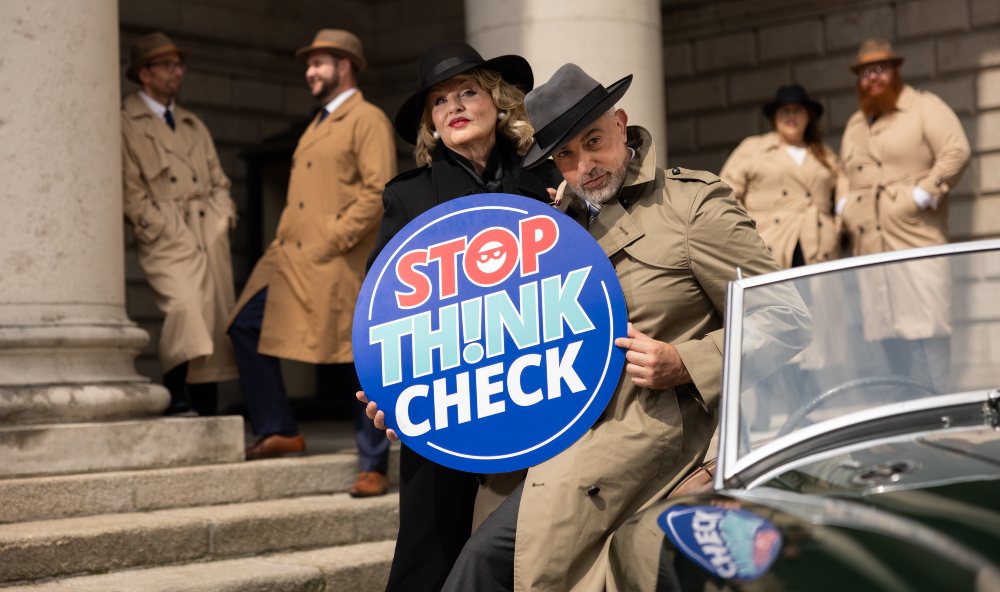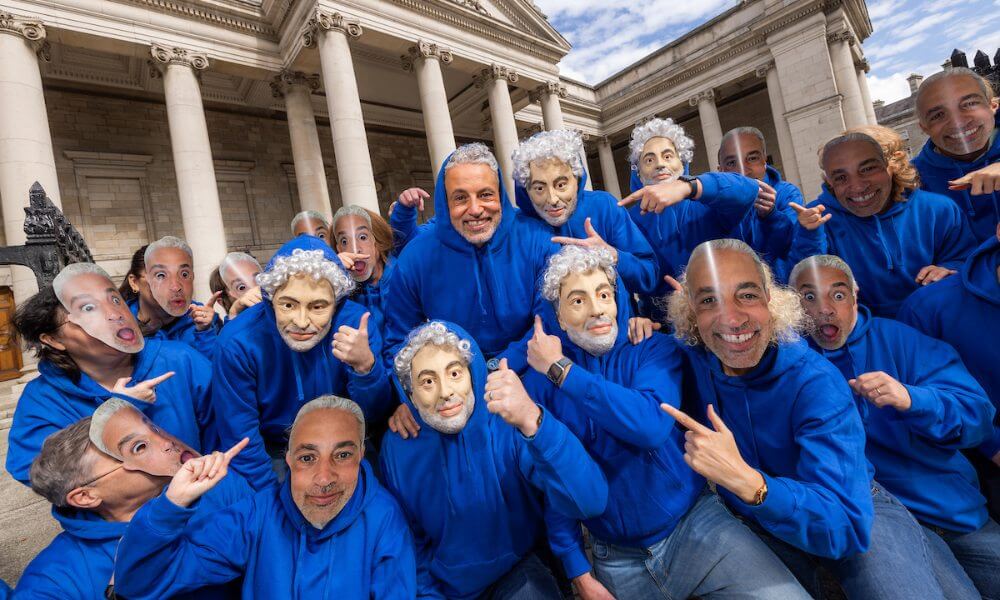Facebook and Instagram most identified by public for featuring fraudulent adverts.
Up to 90% of the Irish population believe fraud is widespread with fake online purchase scams the most common way for consumers to lose money.
Almost half of the population aged 18+ (47%) in recent Red C research commissioned by Bank of Ireland for International Fraud Awareness Week have seen social media ads for investments or crypto currency featuring a well-known personality, politician or musician.
“Fraudulent adverts are a blight on social media platforms”
When asked to identify the platform, 62% identified Facebook, 27% identified Instagram, with X at 23%, TikTok at 13%, and Snapchat at 3%.
When imitation is not sincere
When asked whether they agree that companies advertising financial services on social media platforms should have to prove ads are genuine and that they are regulated, 89% of the population agreed.
The impersonation of well-known people and media organisations is a tactic used regularly in fraudulent ads to trick consumers into fake crypto investments, bond purchases, or savings products.
This can include impersonation of individuals such as President Michael D. Higgins, An Taoiseach Simon Harris, An Tánaiste Micheal Martin, former Taoiseach Leo Varadkar, Denis O’Brien, Dáithí Ó Sé, Brian Dowling and Tommy Tiernan.
Adverts can also include links to fake websites impersonating RTE, the Irish Independent, Forbes, The Irish News, BBC News, the Irish Mirror, and many others.
“Fraudulent adverts are a blight on social media platforms,” said Nicola Sadlier, head of Fraud at Bank of Ireland.
“These adverts are all about one thing – the theft of money from consumers and businesses by criminals. They cause harm to people, the financial services system, and the economy!
Bank of Ireland has engaged with Irish and EU policy makers on fraud prevention and has set out four interventions in detail, and to explain how these actions would significantly enhance consumer and business protection from fraud and financial crime.
“Much more needs to be done. One common sense step would be to ensure that online platforms check that adverts are from companies that are regulated to sell financial products and services. The current approach, which is allowing fraudsters run fake ads that impersonate celebrities, politicians, and legitimate media organisations – all with the aim of stealing money – is clearly broken.
“That’s why Bank of Ireland is calling for legislative change at European Union level so that online platforms will have to verify that advertisers of financial services are regulated to sell those services.”
How social media fraud is the hitting Irish population
- Fake advertisements were most commonly seen on Facebook and Instagram followed by Twitter/X (13%), TikTok (11%) and Snapchat (4%).
- The majority of people (66%) report fraud to their bank, followed by the Gardai (17%)
- When asked to select all parties they believe responsible for protecting people from fraud in Ireland 66% selected Banks and Financial Services companies, along with the Gardai (51%), mobile phone (39%) and social media companies (39%). 60% of the population believe they themselves have a role.
-
Bank of Ireland is welcoming new customers every day – funding investments, working capital and expansions across multiple sectors. To learn more, click here
-
Listen to the ThinkBusiness Podcast for business insights and inspiration. All episodes are here. You can also listen to the Podcast on:
-
Spotify
-
SoundCloud
-
Apple





